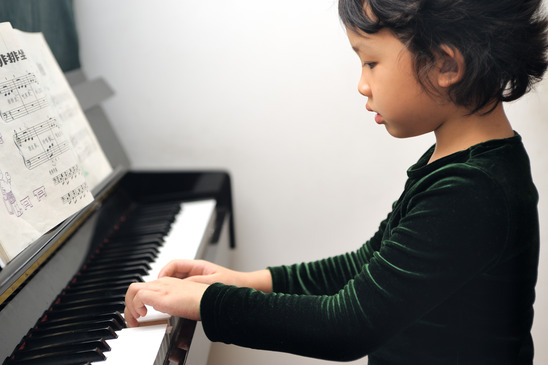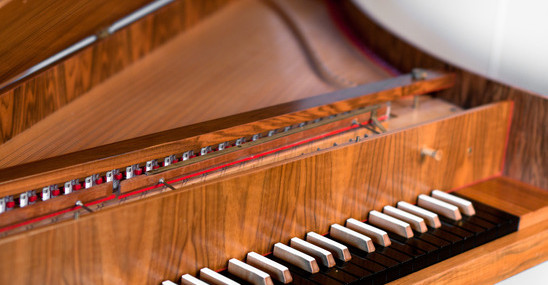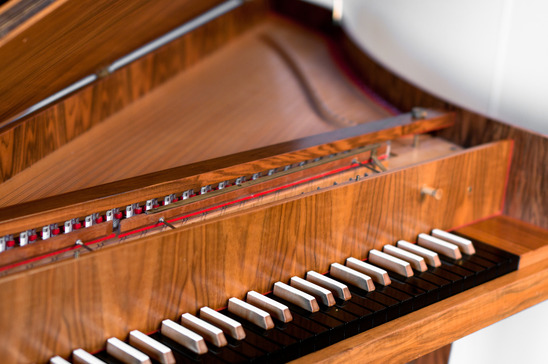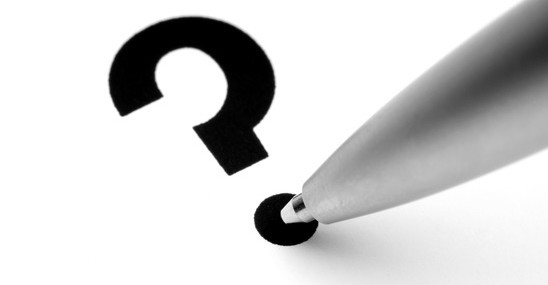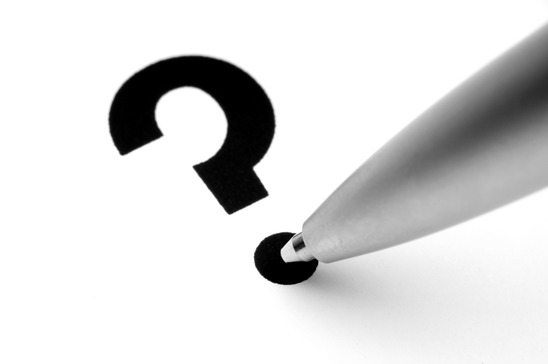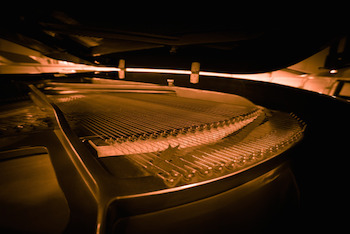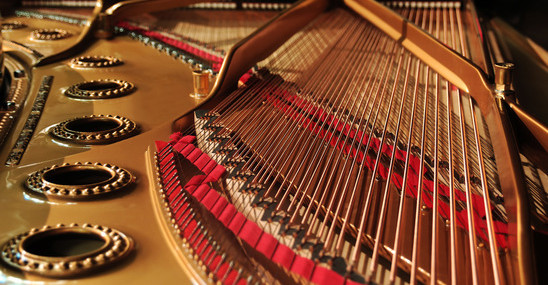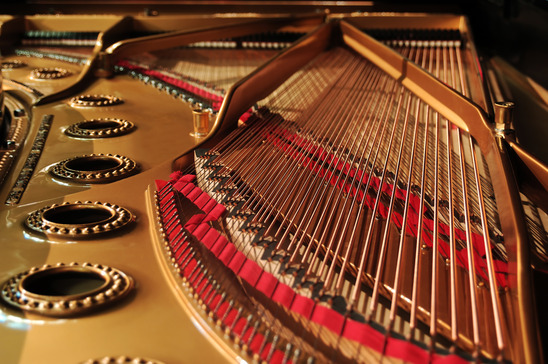When was the last time you had a professional come in and tune your piano?
Piano tuning is necessary to ensure your piano is in top condition. Imagine learning to drive a car if the engine keeps dying at every stop light. Or learning to bake when the oven can only be set to one temperature. Yes, you have access to the right tools, but they aren’t performing in an optimal way. And without optimal performance, you can’t get the results, and your desire to continue with a project quickly goes away.
Learning to play on a piano that is out of tune impedes the experience. It is difficult to play notes that sound just a bit off, or have lingering notes caused by defective hammers and strings.
When looking for a piano tuner, keep in mind that there are varying levels of expertise. A piano tuner tunes a piano – he tightens or loosens the strings to find the right pitch, so they play the correct tone when struck by the hammer.
A piano technician will tune your piano, but can also provide more skills on an as needed basis. He can regulate, repair or voice your piano so that it sounds and plays its best. Keep in mind that a piano does not need all of these services every time, but depending on age, conditions, and hours played, like anything, it will need work over time. The key is recognizing a problem early and fixing it before it becomes critical.
A repair can include a variety of issues with your piano. Anything from fixing a broken string, to replacing a worn out or broken part would help extend the life of your piano. Pianos need to be played to stay in top condition. And when played, the moving parts can become old, brittle, and crack over time.
Regulating a piano is the process of making sure all moving parts are moving at the same distance at the right time. A properly regulated piano is easier to control, more rewarding to play, and produces a better sound. Which overall helps you become a better player.
Voicing a piano helps it sound its best. Have you ever listened to a choir or an orchestra where one voice is out of tune? It stands out. Pianos are like that too. Each has its own voice, capable of making a variety of sounds and tones. When one part is off, it stands out every time that note is played. With a few simple techniques, the range can be brought back into tune, and once again provide beautiful, quality music that is a joy to play.
With all of these services available and in need to keep your piano at its best, where do you find the ideal person to work on it?
Start by asking the people around you. As a piano player, you probably know other piano players as well. Piano teachers, orchestra members, even local schools all have their pianos tuned and regulated on a regular basis, and would be happy to provide a referral. And if you are here in Memphis, you can also stop by or give us a call at any time. We’ve been in the industry for over 50 years, and are experts at all things piano. Whether you have a simple question, or are in need of a new piano, we can provide you with advice at any time. We love pianos, and look forward to sharing that love with you.


